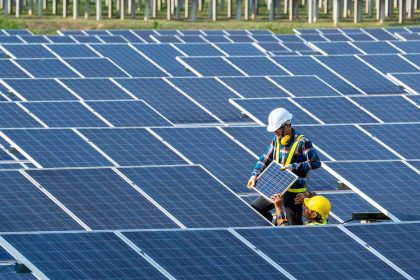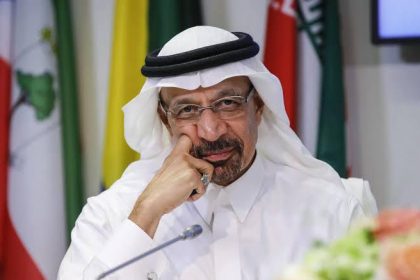The Pakistan Stock Exchangeãs (PSX) benchmark KSE-100 index crossed 82,000 during intraday trading on Friday, driven by a combination of favorable macroeconomic factors, investor optimism, and positive momentum in the market.
The dayãs trade remained bullish as the market gained 615.16 additional points and closed at 82,074.45 points. This was 0.76 percent more than the previous dayãs 81,459.29 points. On Friday, the market recorded 482,373,803 shares being traded as compared to the previous dayãs 459,037,985 shares.
This development comes at a time when the country is moving towards economic stability, and inflation is decreasing rapidly. The recent cuts in the policy rate by the State Bank of Pakistan (SBP) have also transmitted positive signals to investors.
On Thursday, there was a sharp reduction in the interest rate of the three-year Pakistan Investment Bonds, and currently, the two-year and five-year bonds are offering better rates. Despite offering these bonds, the government ended up borrowing half of what it had originally planned.
Together, these factors are responsible for the increased confidence of investors in the stock market. Also, the Pakistani rupee is strengthening against the US dollar, hitting a five-month high recently. On Thursday, the central bank reported that he rupeeãs value against the dollar stood at Rs227.91 in the interbank market, compared to the figure of Rs278.04 from a day earlier.
The foreign exchange reserves have increased by $43 million to $9.509 billion, with the total reserves rising to $14.826 billion, including the $5.316 billion that the commercial banks hold. The central bankãs reserves are expected to reach $13 billion by the end of this fiscal year. This is in spite of the debt repayments of $26.2 billion that Pakistan has to make in the Financial Year 2024-25.
Pakistan is close to getting the $7 billion Extended Fund Facility (EFF) from the International Monetary Fund (IMF), which is being confirmed by the government as the last program of the country. Not only would this improve Pakistanãs fiscal position, but also enhance confidence of local and foreign investors.
A CATALYST OF GROWTH
As economic indicators show signs of stability, the government has expressed its belief in the potential of the second phase of the Pakistan-China Economic Corridor (CPEC) to help the country grow economically. CPEC is a living testimony of the trust China has in Pakistan, considering that it is the flagship project of the Belt and Road Initiative (BRI).
While CPEC has been moving slowly, the government has shown signs of putting in the necessary effort to achieve its goals. Senior government officials have time and time again expressed their commitment to the fast-tracking of projects under the multibillion economic corridor.ô Recently, President Asif Ali Zardari said that greater benefits can be unlocked through the development of the mega project. He highlighted the growth potential of China in the coming decades, which he said would reshape the global landscape.
Prime Minister Shehbaz Sharif already reaffirmed a commitment to CPEC, saying that his government would work with China for the mutual prosperity of both the countries. He said the second phase of the mega project would help transform Pakistan. He said that certain sectors, including agriculture, information technology, and mines and minerals, had massive potential for enhanced cooperation.
Considering that China has stood by Pakistan during trying times, and has always extended support where it can, the premier took the moment to acknowledge the role played by the country in Pakistanãs recent negotiations with the International Monetary Fund.
















